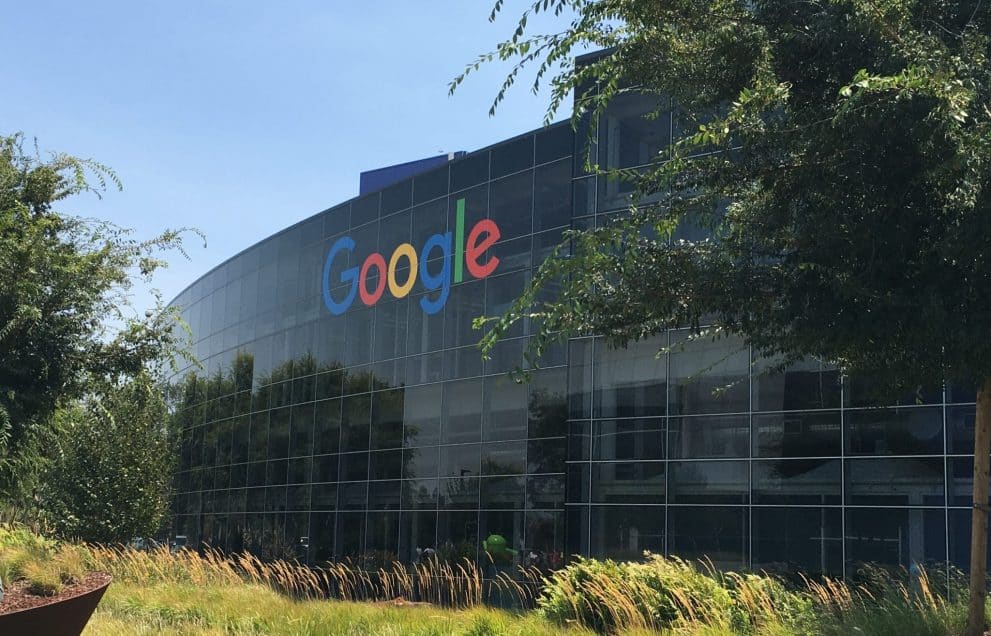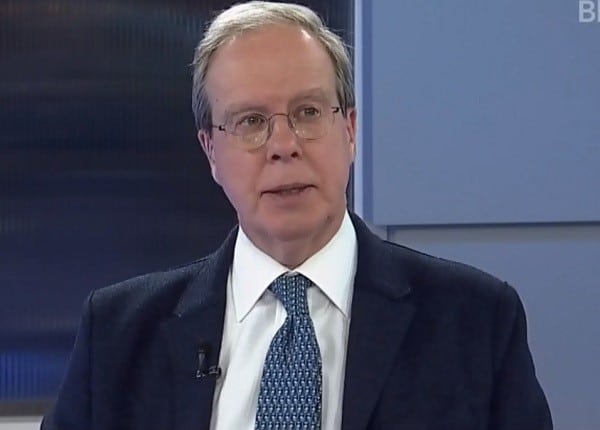

PayPal has been on a tear in 2019, hitting new all-time highs by late January and not stopping since. So far, PYPL is up 29 per cent year-to-date. Further, the company’s latest earnings report told the tale of substantial top line growth, coming in with Q1 revenue of $4.13 billion, a 12-per-cent growth rate, to go along with GAAP EPS of $0.56 per share. (All figures in US dollars.)
What’s more, PayPal grew its net active accounts by 9.3 million, a 17-per-cent increase, while the company chose to repurchase 7.7 million shares, returning $750 million to stockholders. And since the April 24 earnings release, PayPal has splurged big time, putting $750 million into Argentina’s e-commerce company MercadoLibre and another $500 million into Uber.
So, all those strong numbers and impressive investments should have investors feeling great about PayPal’s prospects, right? Not really, says Steinberg, who sees unfavourable developments on the macro scale.
“This is becoming a crowded field,” said Steinberg, president of Lorne Steinberg Wealth Management, to BNN Bloomberg on Tuesday. “PayPal has done a fantastic job but, of course, Apple Pay is no slouch. I was in a taxicab the other day and they’re using other devices, other types of pays, and so it’s becoming a crowded trade.”
“How that plays out is hard to say but the concept of people using their phones more and more to buy things, I think that PayPal has probably seen its best growth behind it just because of increasing competition and the move to mobile,” he says.
Steinberg points to China where Alibaba’s Alipay and WeChat Pay have locked up the mobile and online payment market, leaving little room for PayPal to expand. Ultimately, Steinberg sees the credit card companies, including PayPal’s partnership with Visa, as likely losers in the emerging fintech environment.
“Retailers don’t like credit cards, and they would much rather use debit and instead of paying two per cent, they pay a fraction of one per cent, and consumers will ultimately benefit from that as well,” he says. “I don’t like to bet against that which is better for consumers over time because everybody is driving margins and pricing down.”
“So we would certainly stay away from this stock at this point in time,” he said.
Leave a Reply
You must be logged in to post a comment.





 Share
Share Tweet
Tweet Share
Share




Comment